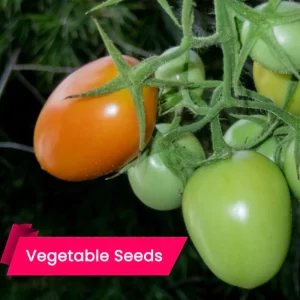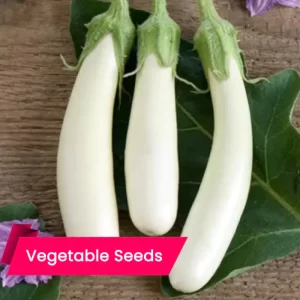

Consumption of vegetables lowers the risk of diseases, thanks to their antioxidants. The fiber in them helps with gradual nutrient absorption, prevents constipation, and keeps the gut healthy. These foods are linked to lower heart disease risks by reducing blood pressure and cholesterol. Veggies rich in carotenoids maintain good cholesterol levels and protect against damage. Adding cruciferous vegetables to your diet can also lower the risk of certain cancers.
Incorporating vegetables into your diet is a powerful strategy for combating inflammation. Packed with antioxidants and phytochemicals, they play a crucial role in reducing chronic inflammation in the body. To fulfill our vegetable needs, we can cultivate them in our kitchen garden. This provides fresh vegetables and is a cost-effective approach.
Growing your own veggies at home ensures a steady food supply, even during tough times. It’s environmentally friendly, providing fresh produce, clean air, and wildlife habitat. Home gardens are manageable, and using organic methods for pest control is easy, giving you control over the quality of your food.

Tips for Kitchen garden
To begin growing vegetables, choose a spot in your yard, select the veggies you want to plant, enrich your soil, and make sure the chosen area gets ample sunlight.To start a kitchen garden, consider growing your own food in containers on a sunny terrace. Ensure high-quality soil for a bountiful yield, assessing its richness and drainage capability. Selecting the right soil is crucial for the success of your vegetable garden.
Choosing seeds from reputable sources is crucial for the success of your vegetable garden. Opt for high-quality hybrid and organic seeds, readily available at the Mahagrin online store. The quality of seeds plays a significant role in ensuring a thriving and productive garden. Mahaagrin seeds are
